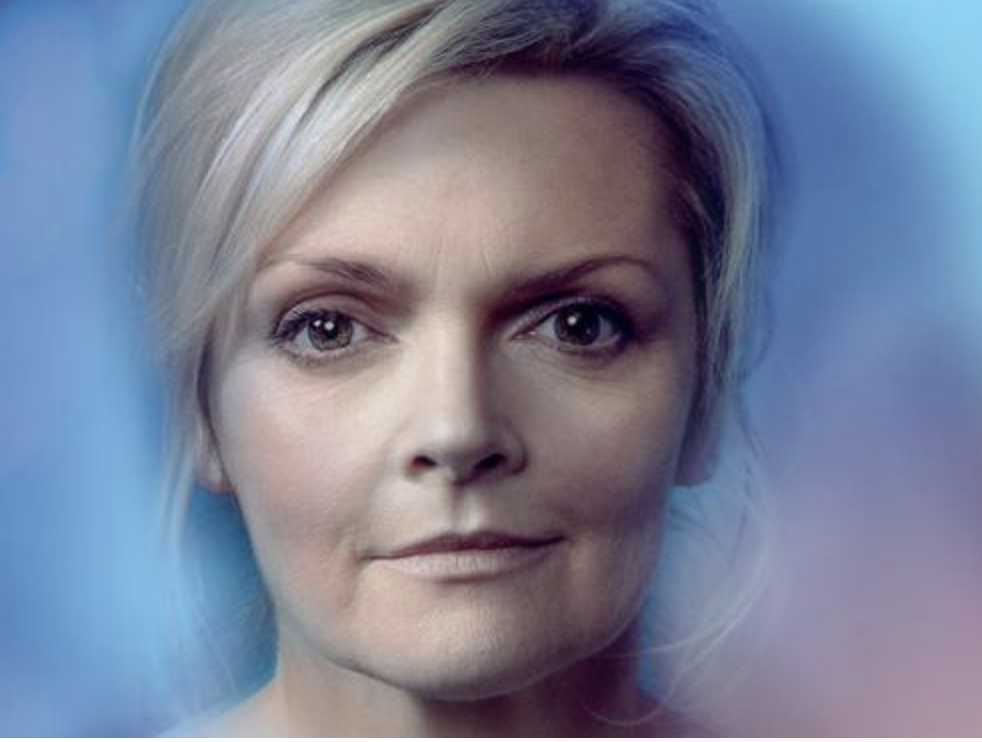|
A moving, ultimately inspiring exploration of the resilience and courage of the human spirit in the face of tragedy.
Alice is a Harvard professor of cognitive psychology. Aged fifty, her career is at least as successful as her scientist husband, John’s. They lead active, healthy lives, even if she feels they’re somewhat disconnected from each other by the demands of their careers. Their two grown-up children are on the verge of consolidating their lives. The family has everything to look forward to. When Alice begins to experience unaccountable lapses of memory and disorientation, her doctor diagnoses early Alzheimer’s disease. The changes in all their lives, but particularly in Alice’s, are, of course, profound. Originally a novel by Gina Genova, herself a Doctor of Neuroscience, the story was adapted for the stage by Christine Mary Dunford and premiered in Chicago, following a film in 2014 starring Julianne Moore. Dunford’s stage adaptation was premiered in Britain this year in Leeds, directed by David Grindley. Wendy Mitchell, herself for the past three years a sufferer of young-onset dementia, advise the cast and designer on how best to express the world as Alice experiences it over the course of the three years covered by the play’s chronology. Her contribution has led, for example, to the gradually changing character of the set, from conventionally organised, through more chaotic, random arrangement, to a pared down, almost empty stage in the last scenes. The most striking theatrical device introduced by Dunford is the character of “Herself” (Eva Pope), a younger version of Alice (Sharon Small) who shadows Alice as her inner voice, sharing her decline but supporting and encouraging her to remember who she is, who she has been, and what she can still do despite the disease that is inevitably destroying her mind and body and will kill her, probably before she can see her family achieve what she hopes for them. Alice is a rational person, to whom the loss of control is most distressing; personified, her “used-to-be-self” helps her to cope with the present moment, comforts her in the darkest times, counters the patronising encounters with doctors who talk about her as though she isn’t in the room, teaches her to value what she still has and to learn emotionally. Sensitive direction and beautiful performances by Pope and Small create a memorable narrative of the inner life of Alice. The moments of humour (and yes, there are those) arise from their shared dialogue and commentary. The family are faced with life-changing decisions through Alice’s illness; Martin Marquez as John moves from a husband used to taking his wife for granted to a more actively caring partner; their son and daughter pursue their own dreams but seem closer to their mother because of her new and growing vulnerability. Alice is still Alice when she addresses an audience to tell them how she will live now: in every moment, enjoying every sensation and experience she can to the fullest, for as long as she lives. I won’t deny that I cried. But this is a play everyone should see.
0 Comments
Leave a Reply. |
Archives
March 2024
Categories
All
|

 RSS Feed
RSS Feed